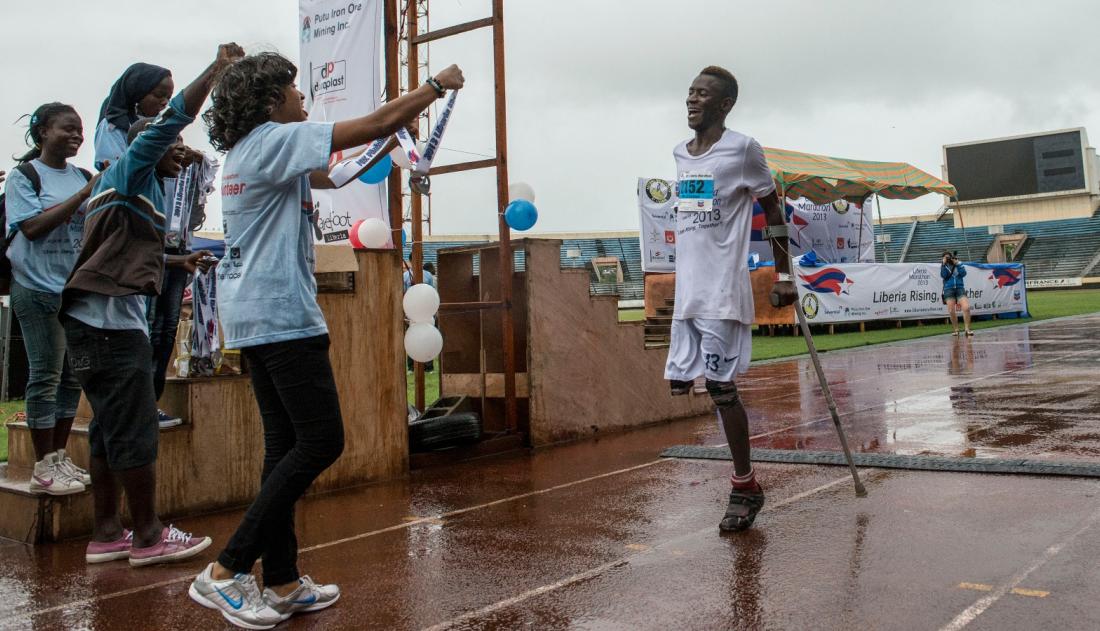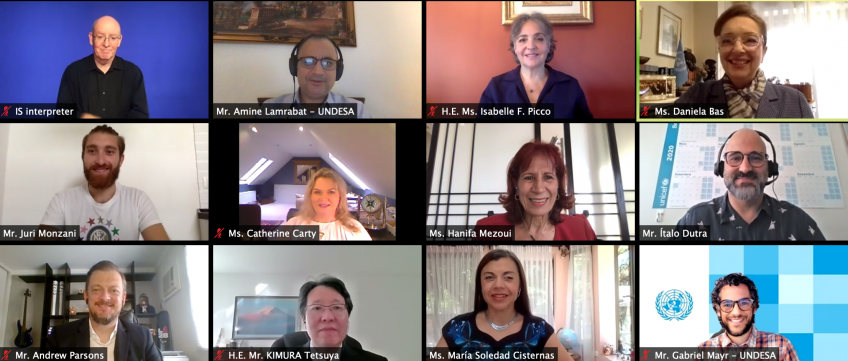
The global outbreak of COVID‐19 has heavily impacted the world of sport and access to physical activity, resulting in closure of gyms, stadiums, pools, dance and fitness studios, physiotherapy centers, parks and playgrounds. It has also led to the unprecedented postponement of the Olympic and Paralympic games and the cancellation of sporting events at all levels. This, in turn, also impacts many social benefits of global and regional sport events, which can cement social cohesion, contribute to the social and emotional excitement of fans, as well as their identification with athletes leading to greater physical activity of individuals. Sport has long been considered a valuable tool for fostering communication and building bridges between communities and generations. Within this context, sport is used as a tool for creating learning opportunities and accessing often marginal or at‐risk populations.
The impacts of COVID‐19 have also deepened existing inequalities, including for the world’s more than one billion persons with disabilities. The United Nations Secretary-General Policy Brief: A Disability‐Inclusive Response to COVID‐191 highlights that persons with disabilities are particularly disadvantaged by the socio‐economic consequences of COVID‐19. In some cases, measures to control the pandemic have also caused significant disruptions to support services that are essential for safe, independent, and healthy lives and have limited access to critical opportunities, including the opportunity to organize, develop and participate in disability‐specific sporting and recreational activities.
Last July the Secretary‐General António Guterres challenged Member States to “reimagine the way nations cooperate” to respond to and recover from the pandemic.

UNDESA's Division for Inclusive Social Development organized a webinar on "Reimagining cooperation on sport for persons with disabilities, leaving no one behind" on 10 November 2020 from 8 to 10 am EDT (NY Time). The webinar aimed at raising awareness and identifying collaborative innovative solutions and responses to recovering better from the pandemic with a focus on building more equal, inclusive, resilient, and sustainable economies and societies by engaging persons with disabilities and other stakeholders through sport.
Written Contributions
UNDESA welcomes written contributions from experts and organizations who may not be presenting at the webinar. These contributions, which should be submitted via email, shouldn't be longer than 1000 words, providing examples of good practices and/or detailed recommendations on further development of the field under this recovery process. Inputs should highlight good practices developed by UN Agencies, Governments, International Sport Federations, Civil Society, Academia, and lay solid foundations for the discussion on the next steps in maximizing the role of sport in ensuring inclusive development for persons with disabilities.
Photo Credit: Ms. Anne Wafula-Strike and Africa Renewal
 Welcome to the United Nations
Welcome to the United Nations


